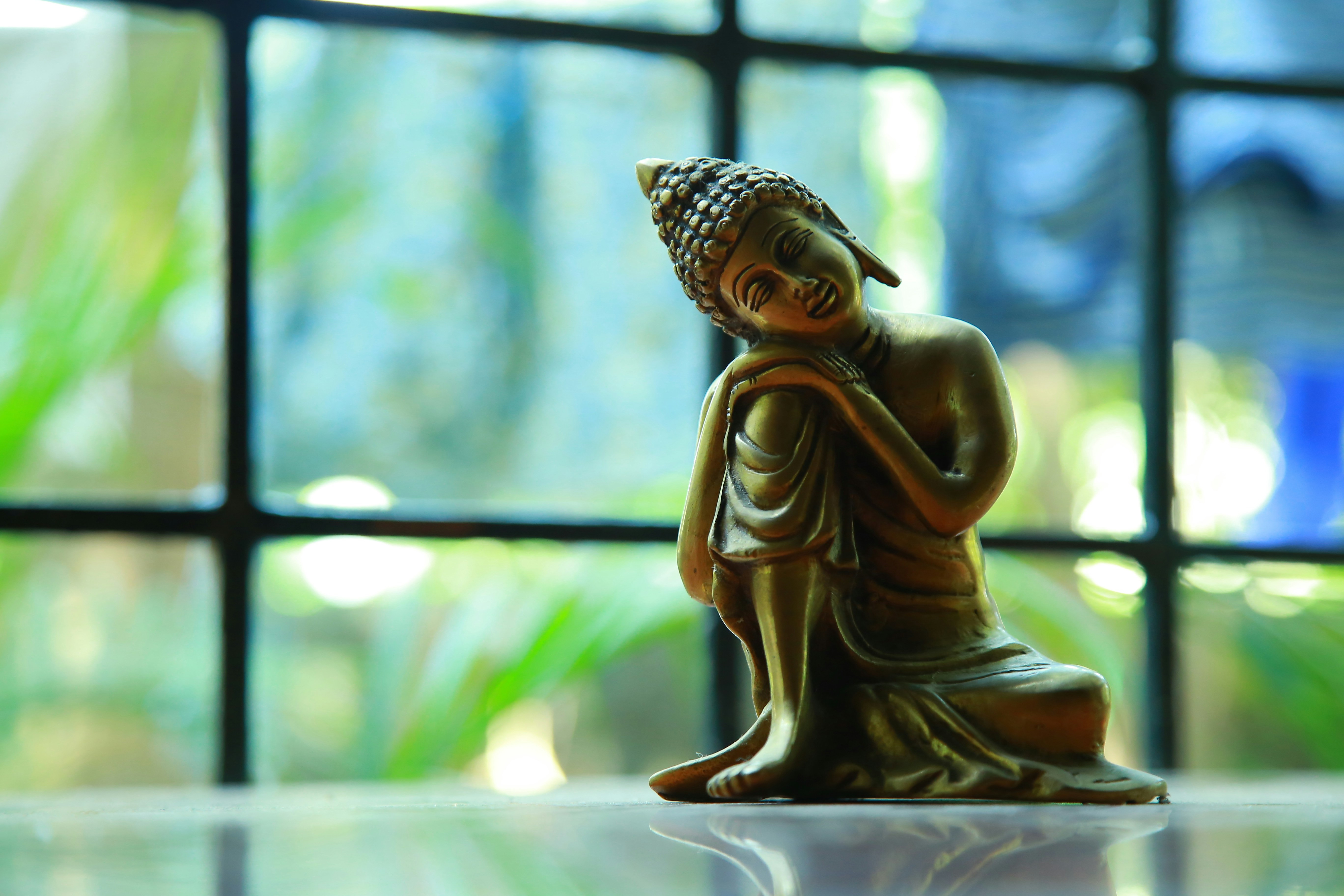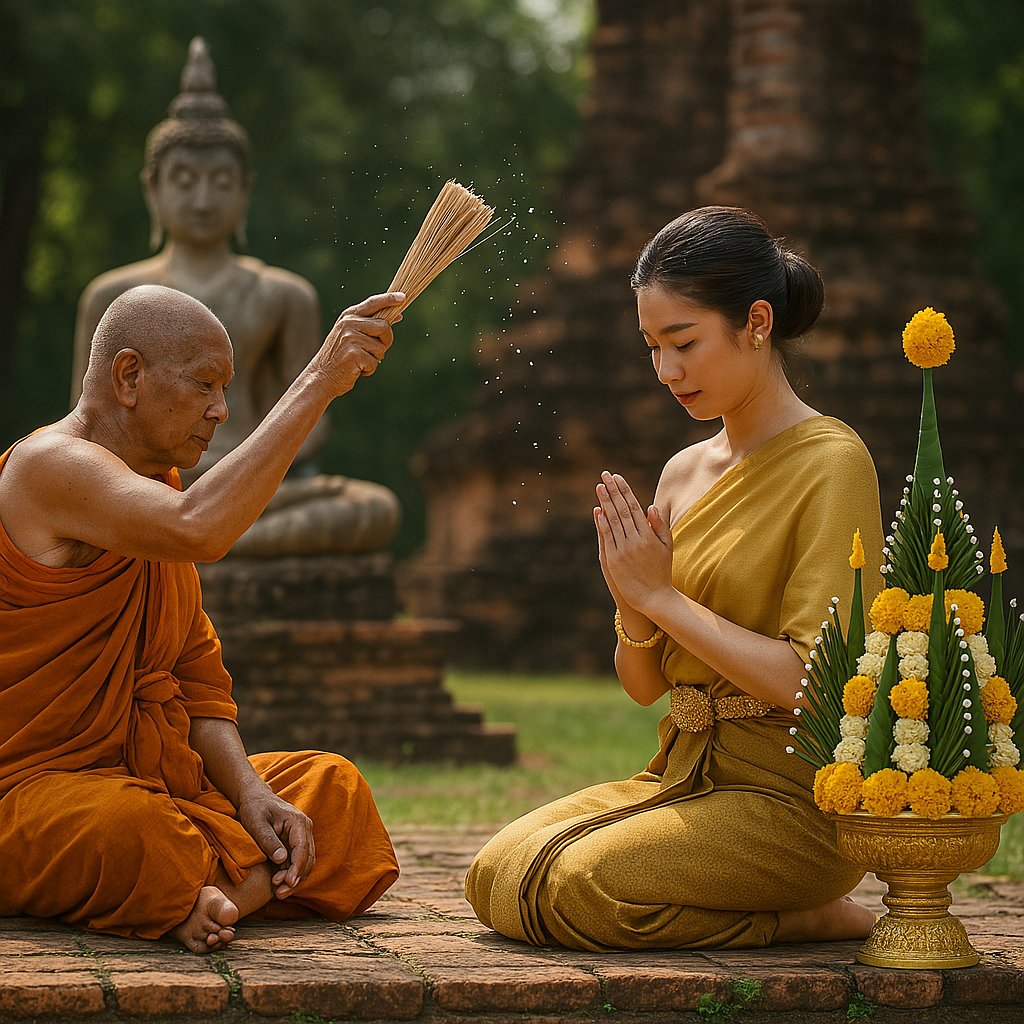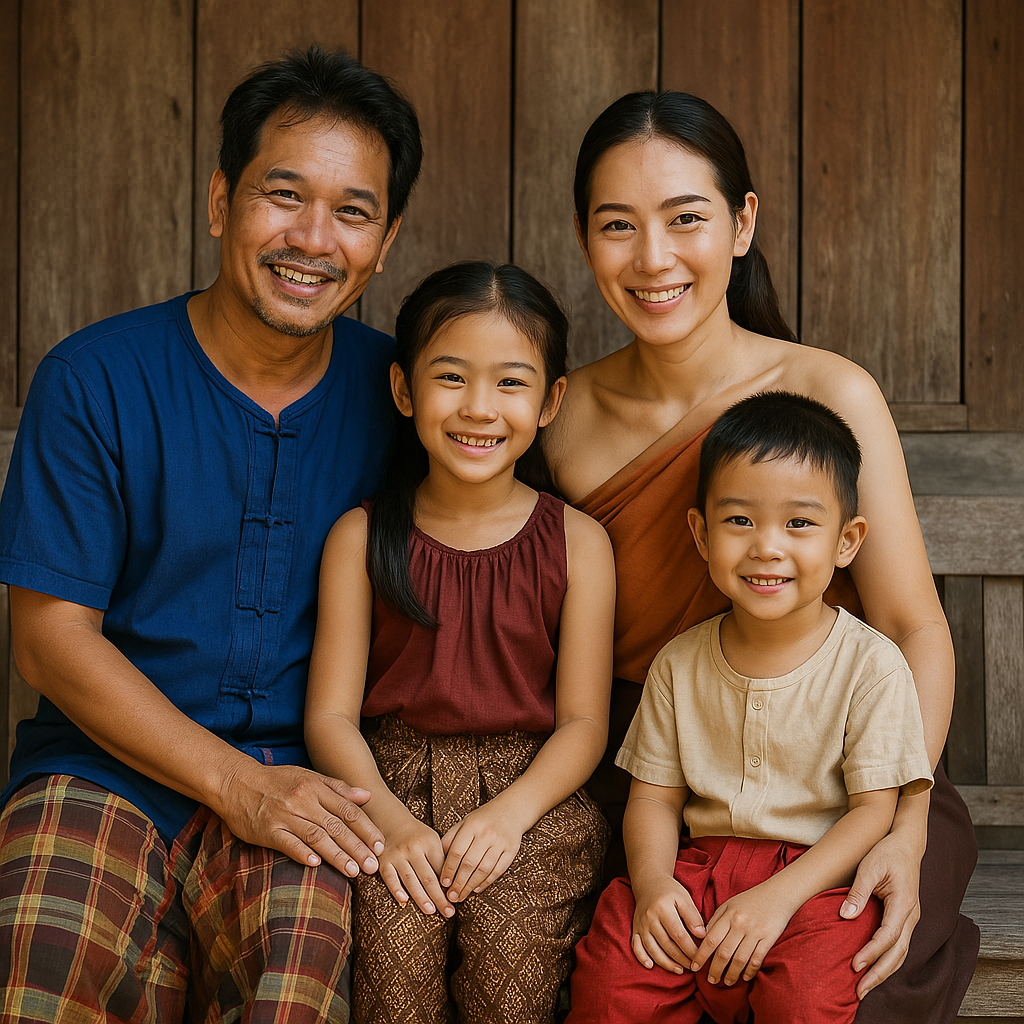
In Thailand, Buddhism isn't merely a religion but a fundamental aspect of national identity that permeates daily life. From the saffron-robed monks collecting morning alms to the ornate temples dotting urban and rural landscapes, Buddhist principles and practices influence Thai society at every level. This article explores how Thailand's predominant faith shapes everyday experiences, cultural norms, and modern life in this Southeast Asian kingdom.
The Buddhist Foundation of Thai Identity
Buddhism serves as a cornerstone of Thai cultural identity and national consciousness:
Theravada Buddhism in Thailand
Thailand primarily practices Theravada Buddhism, known for its conservative approach:
- Approximately 95% of Thais identify as Buddhists, primarily following the Theravada tradition
- Focus on the Pali Canon as the most authoritative scriptural source
- Emphasis on individual enlightenment through personal practice and monastic discipline
- Strong reverence for the sangha (monastic community) as preservers of Buddha's teachings
- Incorporation of local animistic beliefs and practices alongside orthodox Buddhism
Historical Development
Buddhism has evolved in Thailand over centuries of cultural exchange:
- Arrived in what is now Thailand around the 3rd century BCE
- Consolidated during the Sukhothai Kingdom (13th-14th centuries)
- Strengthened under the patronage of kings throughout Thai history
- Integrated with state governance and royal legitimacy
- Modernized during the 19th and 20th centuries while preserving core traditions
The Three Jewels
Thai Buddhists orient their lives around the Three Jewels (Triple Gem):
- Buddha - The historical Buddha as the exemplar and teacher
- Dhamma - The teachings and path to enlightenment
- Sangha - The monastic community that preserves the teachings
- Most Thai homes and businesses contain shrines honoring the Triple Gem
- Regular recitation of the refuge formula that acknowledges these three elements
Experience Thai Buddhist Culture Firsthand
Interested in learning more about Thai Buddhism from someone who lives it? Connect with Thai singles on Thais.Love who can share their spiritual traditions and cultural insights.
Join NowDaily Buddhist Practices in Thai Life
Buddhism infuses routine activities with spiritual significance for many Thais:
Morning Alms Giving (Tak Bat)
The day begins with sacred exchanges between monks and laypeople:
- Monks walk barefoot through communities around dawn
- Laypeople offer food, flowers, and other necessities
- Merit (positive karma) is accumulated through this act of generosity
- Traditionally performed kneeling with head bowed in respect
- Creates daily community connection with the monastic tradition
Prayer and Meditation
Regular spiritual practices punctuate Thai daily routines:
- Morning and evening chanting (suat mon) at home shrines
- Meditation practiced both at temples and increasingly in homes
- Simplified forms of vipassana (insight) meditation gaining popularity
- Prayer beads (malas) used to count recitations of mantras
- Mindfulness practices integrated into workplace and educational settings
Temple Visits
Thai temples (wats) serve as community centers and spiritual refuges:
- Regular visits on Buddhist holy days (wan phra) and personal milestone dates
- Circumambulation of stupas and main Buddha images
- Offering of candles, incense, flowers, and gold leaf
- Consultation with monks for moral guidance and blessing
- Participation in community events, festivals, and merit-making ceremonies
Buddhism in Thai Social Structure
Buddhist institutions and principles help organize Thai society:
The Monastic Community
The sangha has profound influence beyond religious functions:
- Approximately 300,000 monks and 80,000 novices in Thailand
- Monasteries serve as traditional centers for education, welfare, and community support
- Most Thai men ordain temporarily at least once in their lifetime (typically for three months)
- Monks receive special privileges and respect in public spaces
- Female renunciants (mae chi) practice alongside the male monastic order though with different status
Education and Socialization
Buddhist teachings are woven into personal development:
- Buddhist instruction is mandatory in public schools
- Moral teachings encoded in proverbs and folk wisdom
- Children learn proper behavior toward monks and sacred objects
- Temple schools continue to provide education in rural areas
- University departments specialize in Buddhist studies and philosophy
Ethical Frameworks
Buddhist morality guides personal conduct and social expectations:
- Five Precepts (abstention from killing, stealing, sexual misconduct, lying, and intoxication) form basic ethical code
- Concepts of merit (boon) and demerit (baap) influence decision-making
- Karma and rebirth provide long-term perspective on actions
- Conflict resolution often emphasizes harmony over confrontation
- Societal expectations of generosity, compassion, and responsibility
Buddhist Calendar and Life Cycle Events
The rhythm of life in Thailand follows Buddhist temporal patterns:
Holy Days and Observances
The lunar calendar determines sacred days:
- Visakha Bucha - Buddha's birth, enlightenment, and death (May full moon)
- Asalha Bucha - Buddha's first sermon (July full moon)
- Khao Phansa - Beginning of Buddhist Lent rainy season retreat
- Ok Phansa - End of Buddhist Lent with candle processions
- Weekly Observance Days - Four wan phra each lunar month when more intensive practice occurs
Life Passages
Buddhist ceremonies mark major life transitions:
- Birth rituals - Blessing of newborns and naming ceremonies
- Ordination - Temporary or permanent entry into monkhood
- Marriage - Monk blessing and karmic teachings for couples
- House blessing - Ritual chanting to consecrate new homes
- Funeral rites - Elaborate ceremonies extending over days or weeks
Death and Memorial Practices
Buddhism provides frameworks for understanding mortality:
- Cremation as standard practice, symbolizing impermanence
- Merit-making ceremonies dedicated to deceased relatives
- Monk chanting for up to seven days after death
- 100-day memorial ceremony marking transition of consciousness
- Annual remembrance ceremonies for ancestors
Buddhism in Modern Thai Society
Traditional practices adapt to contemporary contexts:
Urban Adaptations
Buddhism evolves to meet city-dwellers' needs:
- Urban temples offering weekend meditation retreats
- Shortened morning alms rounds accommodating work schedules
- Digital offerings of virtual merit-making and online donations
- Monk chats and English-language teaching programs
- Mobile applications for chanting, donations, and Buddhist education
Buddhism and Thai Politics
Religious institutions maintain complex relationships with governance:
- Constitutional recognition of Buddhism as practiced by the majority
- Royal patronage of major temples and Buddhist universities
- Sangha administrative structure paralleling government organization
- Monks sometimes involved in social activism and community development
- Ongoing debates about religion's role in public policy
Reform Movements
Contemporary Thai Buddhism includes various reform currents:
- Dhammakaya movement emphasizing meditation and modern organization
- Santi Asoke promoting simple living and environmental awareness
- Forest Tradition maintaining stricter monastic discipline and meditation
- Efforts to restore full ordination for women (bhikkhuni)
- Engaged Buddhism addressing social problems through Buddhist principles
Buddhism and Thai Interpersonal Relations
Religious principles shape social interactions in Thailand:
The Middle Way in Relationships
Buddhist moderation influences interpersonal dynamics:
- Emphasis on emotional equanimity (upekkha) in social relations
- Cultivation of compassion (karuna) and loving-kindness (metta)
- Harmony valued over direct confrontation or criticism
- Face-saving behaviors rooted in concepts of attachment to self
- Forgiveness practices derived from teachings on letting go
Hierarchical Relations
Buddhist concepts reinforce social structures:
- Respect for elders mirroring reverence for senior monks
- Karma explaining current social status and relationships
- Merit transfer creating bonds between generations
- Teacher-student relationships modeled on monastic mentorship
- Patronage systems reflecting sangha support structures
Dating and Relationships
Buddhism influences romantic relationships in subtle ways:
- Traditional courtship involves family approval and temple visits
- Marriage seen as opportunity for mutual spiritual development
- Buddhist counseling emphasizing mindfulness in conflict resolution
- Precepts providing ethical framework for fidelity and respect
- Understanding that all relationships are impermanent yet worthy of care
Experiencing Thai Buddhism as a Visitor
Visitors can respectfully engage with Thailand's spiritual heritage:
Temple Etiquette
Guidelines for respectful temple visits:
- Dress modestly covering shoulders, chest, and knees
- Remove shoes before entering temple buildings
- Sit with feet pointing away from Buddha images
- Stand when monks enter and never position yourself higher than a monk
- Ask permission before photographing people in worship
Meditation Retreats
Opportunities for deeper spiritual engagement:
- International meditation centers offering instruction in English
- Temple stays ranging from one day to several months
- Vipassana retreats with silent practice and simple accommodations
- Urban centers providing weekend programs for beginners
- Forest monasteries offering more austere but authentic experiences
Cross-Cultural Understanding
Bridging spiritual traditions thoughtfully:
- Recognizing Buddhism as lived religion, not tourist attraction
- Approaching differences with curiosity rather than judgment
- Understanding that ritual has both social and spiritual significance
- Appreciating syncretism between Buddhism and other belief systems
- Respecting practices even when they differ from Western expectations
Conclusion
Buddhism remains a vibrant, evolving force in contemporary Thai society, adapting to modern circumstances while preserving essential teachings and practices. For most Thai people, Buddhist principles are not abstract philosophical concepts but practical guidelines woven into the fabric of daily experience.
The intertwining of spiritual practice with social customs creates a distinctive cultural environment where sacred and secular domains frequently overlap. Whether through morning alms rounds, temple festivals, or private shrine devotions, Buddhism provides rhythms and meanings that structure Thai life.
For visitors and those building relationships with Thai partners, understanding this Buddhist foundation offers valuable insights into Thai worldviews, behaviors, and values. While outward practices may vary across regions and generations, the underlying Buddhist principles of compassion, moderation, and awareness continue to shape Thai identity and social life in meaningful ways.

